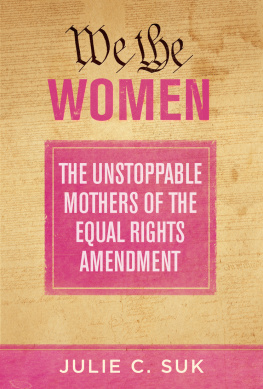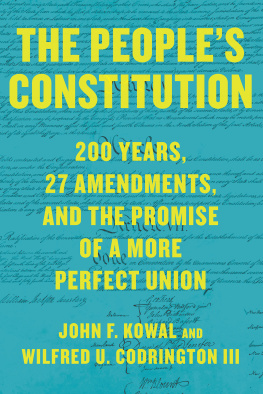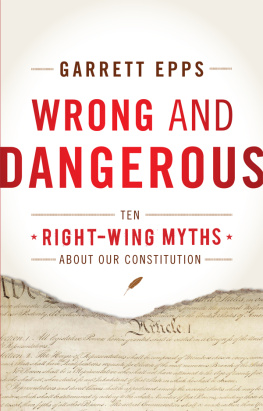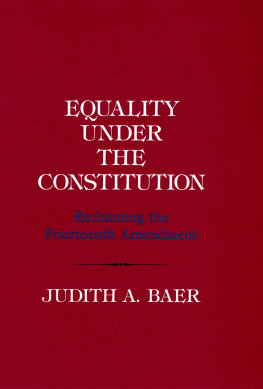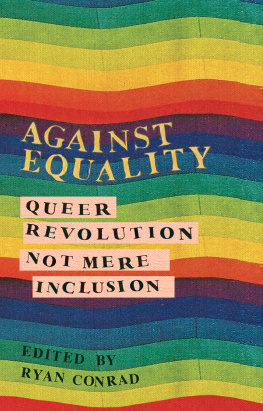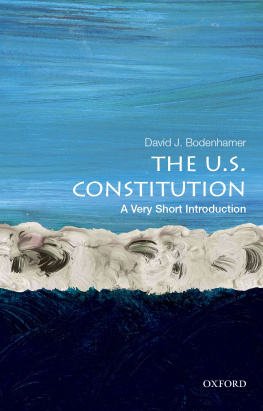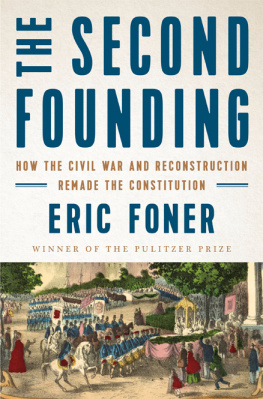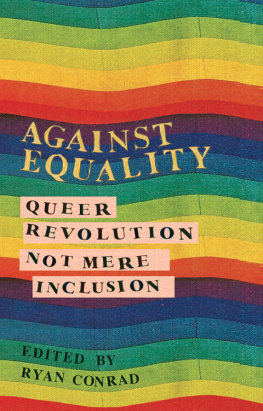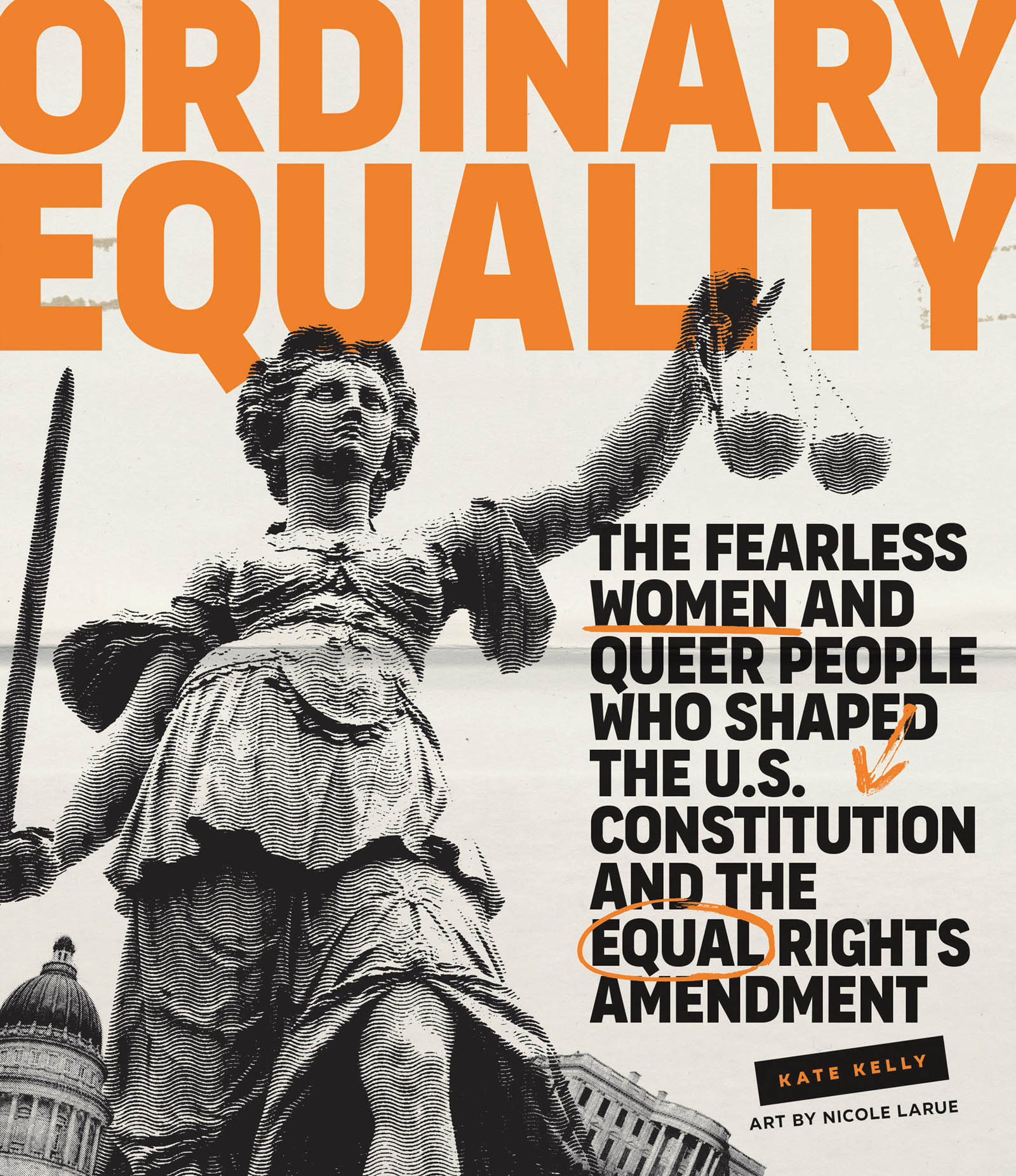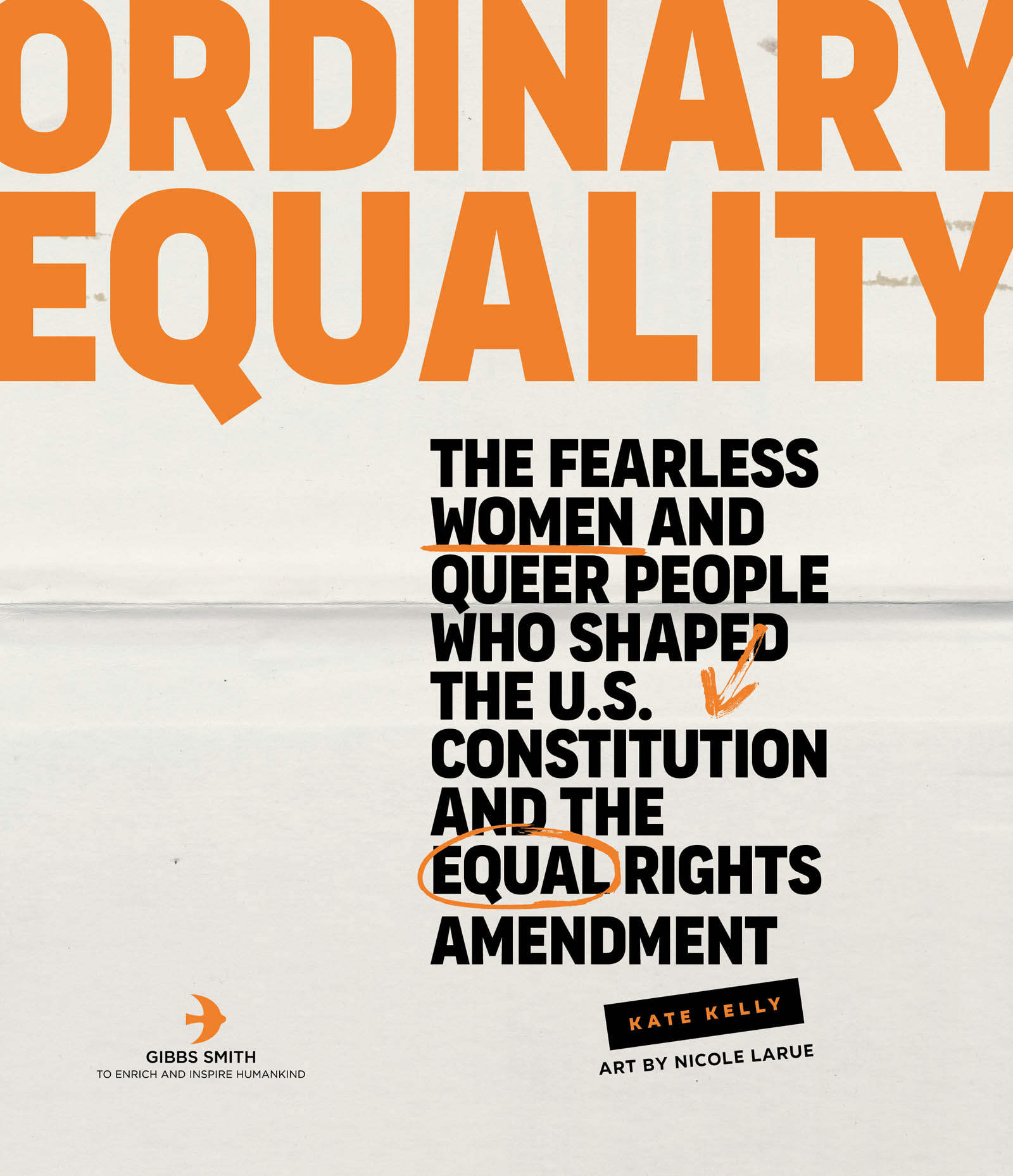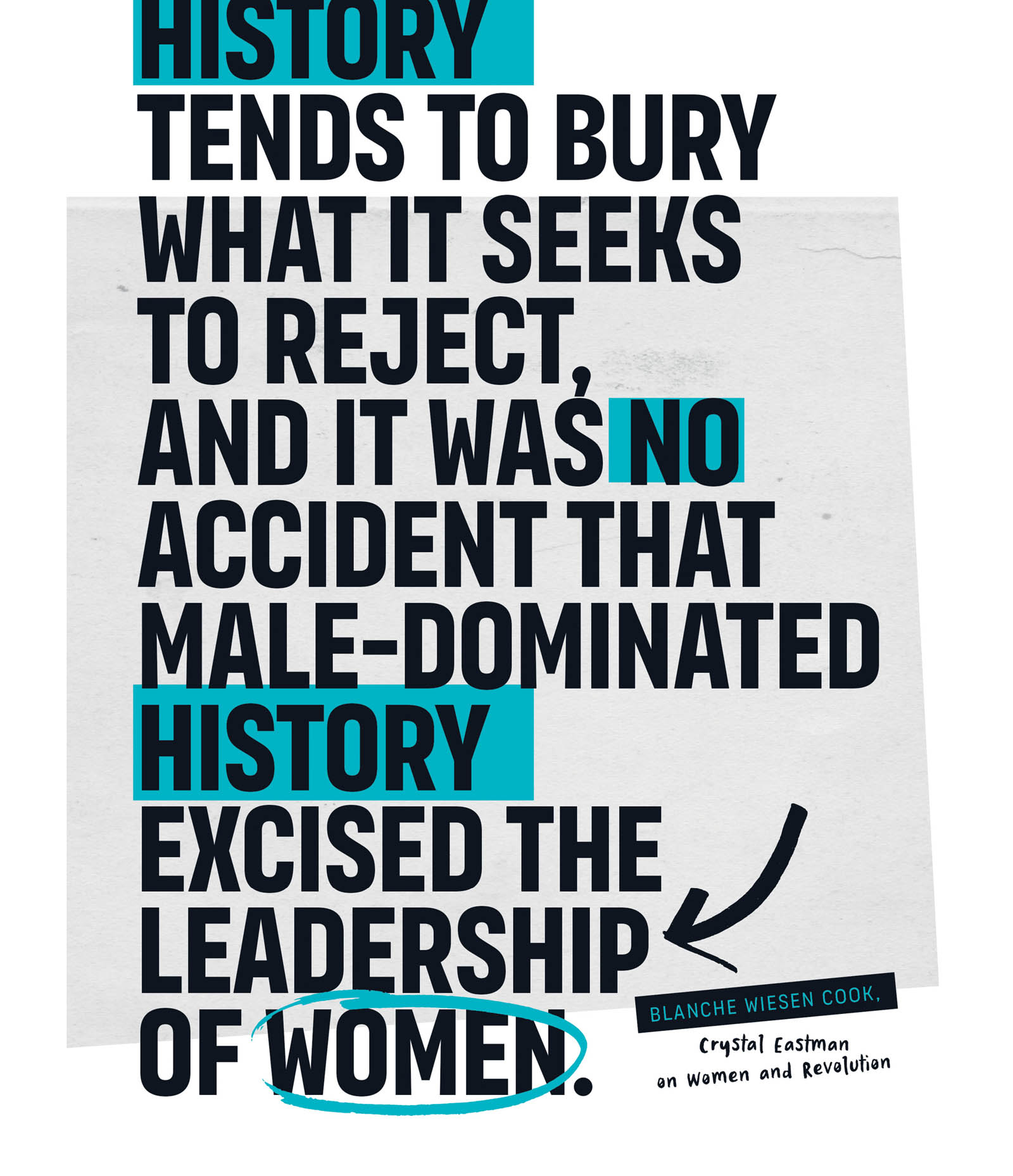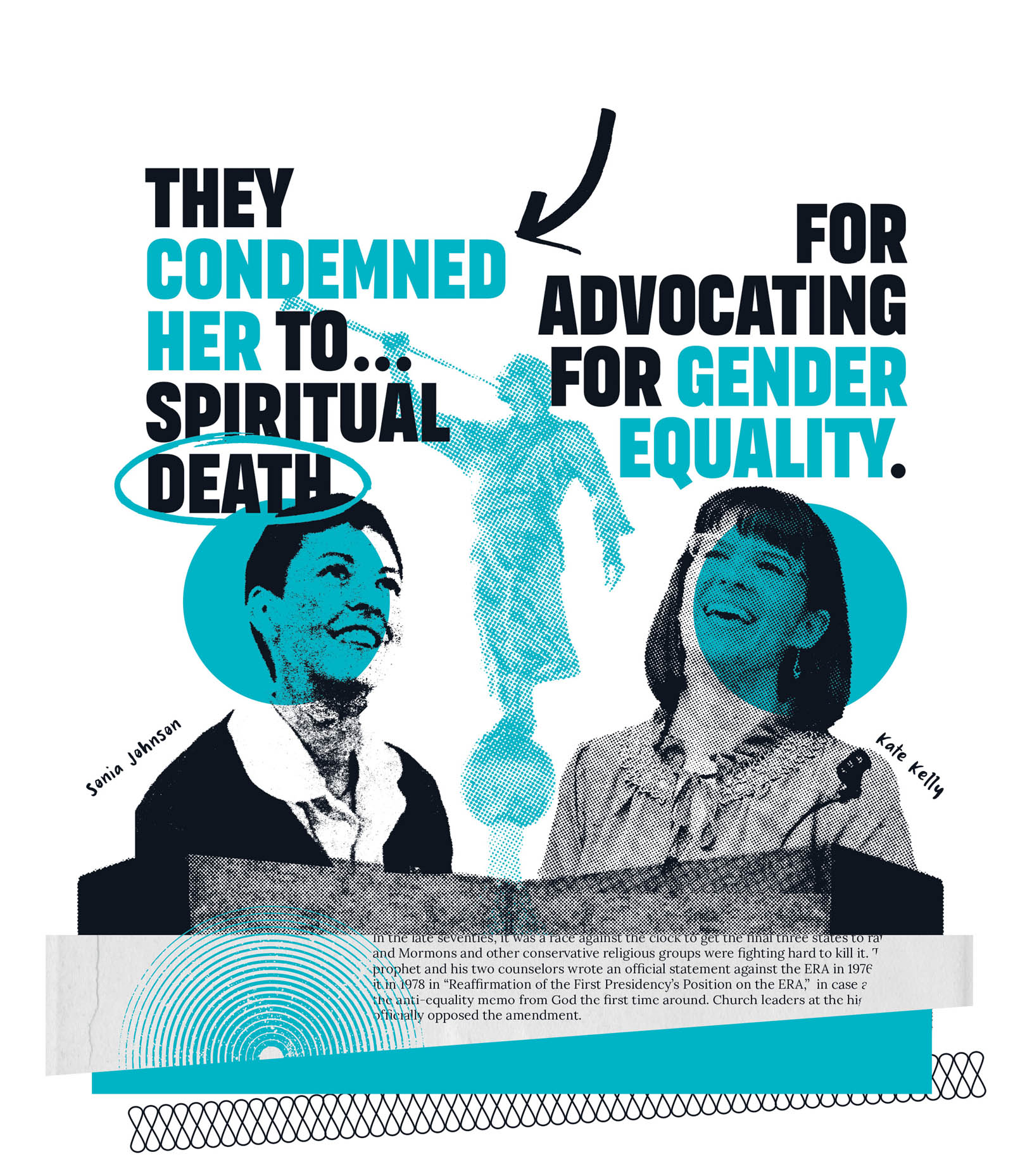Digital Edition 1.0
Text 2022 Kathleen Kelly
All rights reserved. No part of this book may be reproduced by any meanswhatsoever without written permission from the publisher, except brief portionsquoted for purpose of review.
Published by Gibbs Smith
P.O. Box 667 Layton, Utah 84041
1.800.835.4993 orders
www.gibbs-smith.com
Art and design by Nicole LaRue, Small Made Goods 2022
Cover art based on photo by Patrick Poend/Shutterstock.com
Library of Congress Cataloging-in-Publication Data:
Names: Kelly, Kathleen, 1980 author.
Title: Ordinary Equality: the Fearless Women and Queer People Who Shapedthe U.S.
Constitution and the Equal Rights Amendment / Kate Kelly.
Description: First edition. | Layton, Utah: Gibbs Smith, [2022] |Includes bibliographical references.
Identifiers: LCCN 2021025788 | ISBN 9781423658726 (hardcover) | ISBN9781423658733 (epub)
Subjects: LCSH: WomenUnited StatesBiography. | PoliticalActivistsUnited StatesBiography. |
FeministsUnited StatesBiography. | Womens rights. | LCGFT:Biographies.
Classification: LCC HQ1412 .K45 2020 | DDC 920.72dc23 LC recordavailable at
https://lccn.loc.gov/2021025788
To Jim Kelly and all the other dads whoinstead of grounding theirdaughtersbuild them a launchpad and provide a steady supply of rocket fuel
CONTENTS
A Note from the Author
While referring to women formally and usingtheir proper titles is an important way to respect them, in this book I have chosento refer to them by their first names in the hope of making them familiar to us. Iwant them to feel like the complex, relatable people they were and arenotdistant, unreachable figures from ancient history. In addition, referring to them bytheir surnames did not make sense for Ordinary Equality becausethat would mean (thanks to the patriarchy) many would solely be referred to byeither their husbands or fathers names. Referring to them by their first names isa way to reclaim what is authentically theirs.
Introduction
Centering Women in History
I satopposite US Senator Orrin Hatchs legislative aide. He was wearing an ill-fittingsuit and had a notepad in front of him. The notepad was a conduit for the soft butsteady tapping of his pen, a metronome broadcasting his impatience. Helene deBoissiere-Swanson, founder of Katrinas Dreaman organization she started to pursueher mother-in-law, Katrinas, wish for the full inclusion of women in the church andsocietywas sitting across from me at the conference table. She had just given theaide a long soliloquy about constitutional equality and was now bent down, rummagingthrough the large trekking backpack she had brought with her into the office.Without warning, she slammed a clear plastic container with a red lid onto thetable. It was filled with a gray powdery substance.
WE MUST RATIFY THE EQUAL RIGHTS AMENDMENT!
Women have been waiting nearly one hundred years, and in the nameof my dead husband, who is here with us todayHelene said as she dramaticallygestured toward the container, which I slowly realized was filled with humanremainswe must ratify the Equal Rights Amendment! The poor legislative aideblinked incredulously, speechless. My jaw dropped. What could there possibly be leftto say after that? We abruptly ended the meeting and shuffled out.
Once we were safely in the lobby of the Federal Building in SaltLake City, our hearty little band of local ERA advocates regrouped. Inexplicably,Helene seemed pleased and explained that this had been one of her more productivemeetings. Having been on a months-long solo pilgrimage across the country insupport of ERA ratification, she walked Americas highways and byways, stopping ateach tiny tavern and Podunk church along the way with her bright green circular ERAYES sign, sharing the gospel of equality with every single person she encountered.As part of a group trying to revive the organization Mormons for ERA, a few of ushad agreed to join Helene at Senator Hatchs office sight unseen. Wed never beengranted a meeting with any elected officials before, and thanks to her unorthodoxapproach, I realized tenacity was the secret weapon.

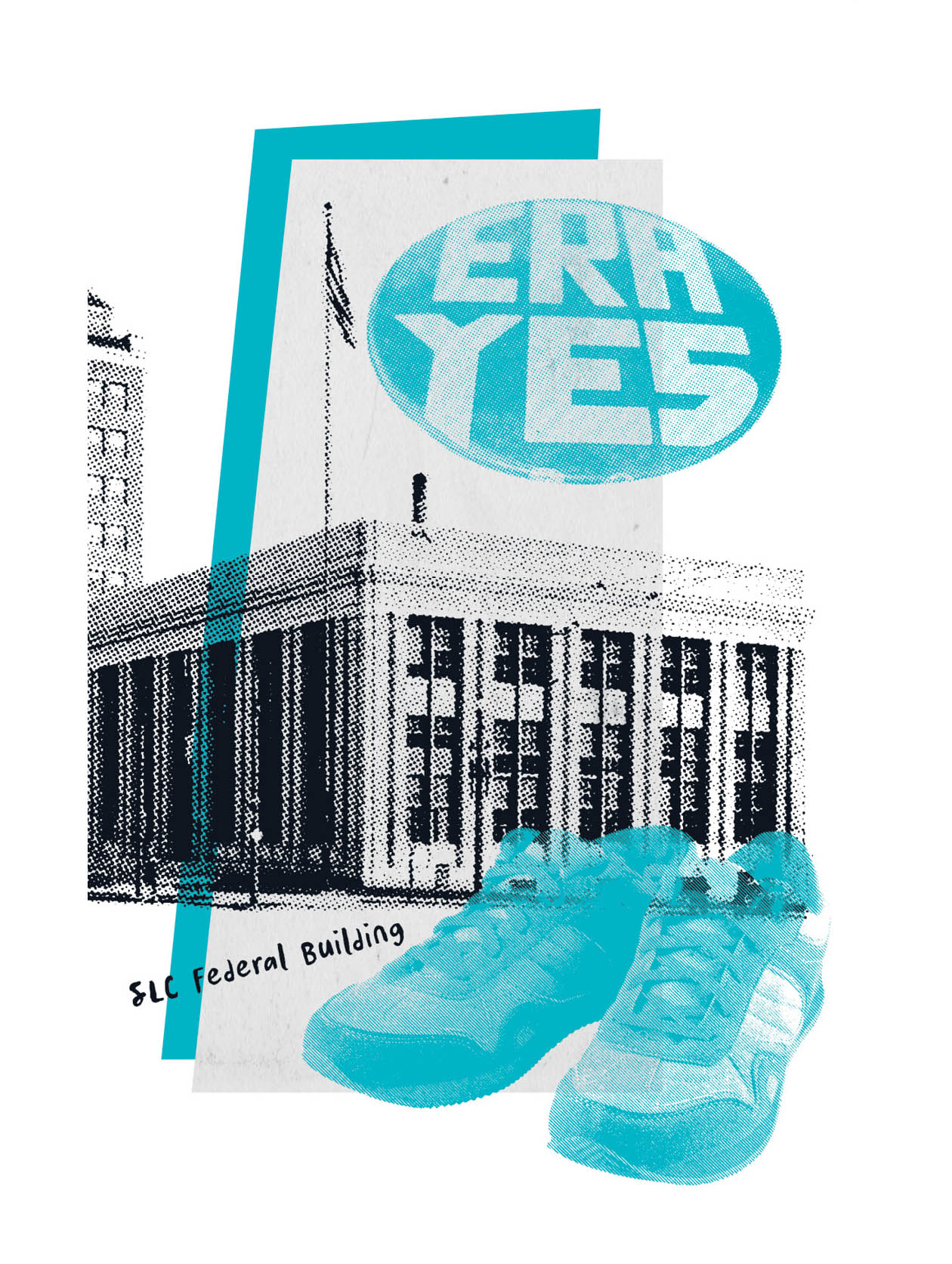
So howdid we as a country end up without womens rights in our Constitution,and the Equal Rights Amendment still not integrated one hundredyears after it was firstwritten? And how did I end up in that room with Helene and her container of ashes?My personal story has a lot to do with the path of the ERA and a woman named SoniaJohnson, one of the many audacious women throughout history who has fought to changeour constitution and ratify the ERA.
I was raised Mormon. Mormonism, like most religions, teaches thatthere are good people and there are bad people. The good people are pious Mormonswho adhere to very strict doctrine, including traditional gender roles. The badpeople stray from those hard-set rules. My initial introduction to the ERA came fromlearning about one of those bad peopleSonia Johnson. She had been excommunicatedfrom my church in the 1980s. At the time, this thought was horrifying to me. Whywould someone stray so far and risk being ostracized from the communityforever!Well, it turns out she was hell-bent on was equal rights for women.
The Equal Rights Amendment was introduced in every Congress since1923 and finally passed in 1972. Then it went to the states for ratification. (TheConstitution requires three-quarters of the states ratify an amendment.) My mom andgrandma fought in the ERA battle in the 1970s, but on the opposite side of SoniaJohnson. My grandma had been assigned by the church to speak out against ERAratification in her home state of Arizona. Once, as I was flipping through one of mymoms old scrapbooks, I found an article she had written opposing the ERA in hercollege newspaper The DailyWildcat. It was so odd to read her arguing against equality. Ifgood, intelligent women like my mom and grandma had been so passionately against theERA, why had Sonia been for it?
If good, intelligent women like my mom and grandmahad been so passionately against the ERA, why had Sonia been for it?
In the late seventies, it was a race against the clock to get thefinal three states to ratify the ERA, and Mormons and other conservative groups werefighting hard to kill it. The Mormon prophet and his two counselors wrote anofficial statement against the ERA in 1976 and repeated it in 1978 in Reaffirmationof the First Presidencys Position on the ERA, in case anyone missed theanti-equality memo from God the first time around. Church leaders at the highestlevels officially opposed the amendment.
Sonia Johnson was a devout Mormon and lived in Virginia when thereaffirmation letter was circulated to local church members. She obediently sat downto read the amendment, expecting to be convinced of its evils and toe the party linejust as she had her whole life. But when she read the ERA, she unexpectedlydisagreed with the church saying, I loved it. I just loved it. That was the startof her nationwide quest to get the amendment ratified.


